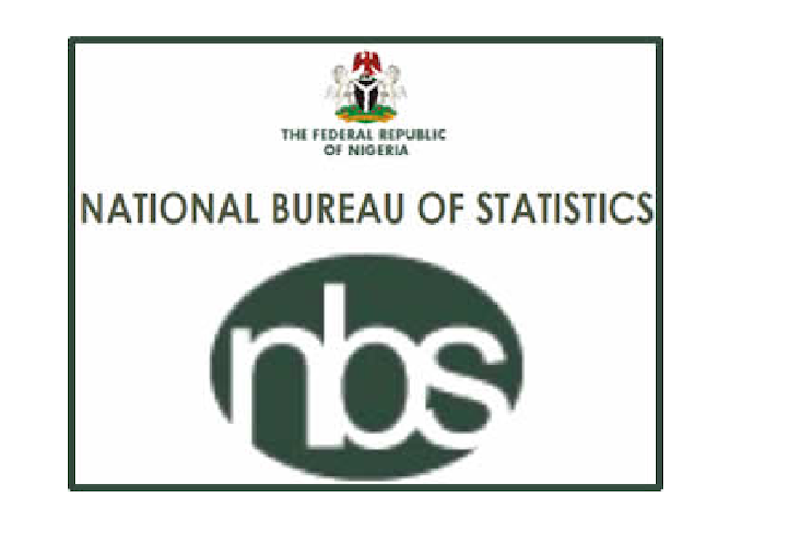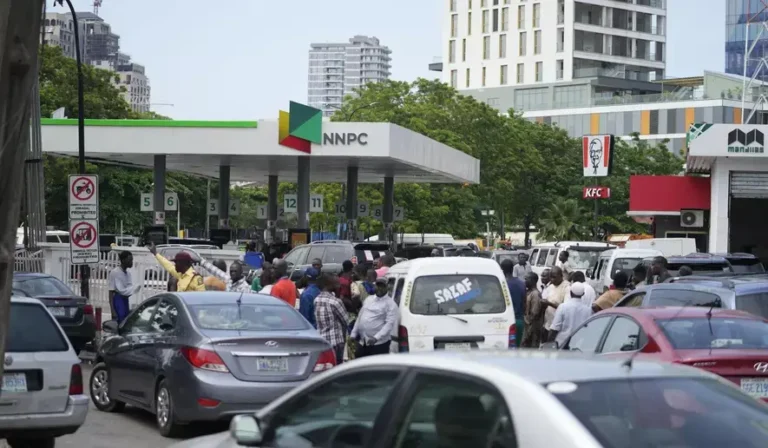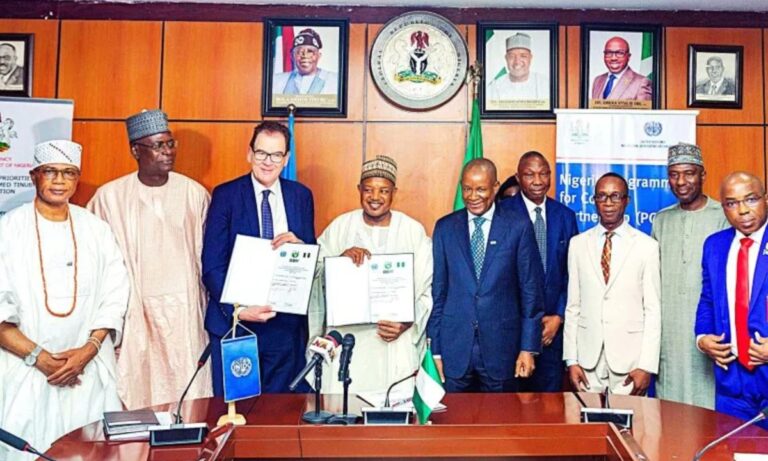
Nigeria’s 36 states received N39.62bn as ecological fund allocations from June 2023 to June 2024, data from the Federation Account Allocation Committee published by the National Bureau of Statistics showed.
The ecological fund is a crucial part of Nigeria’s federal revenue allocation, specifically designated to address various environmental challenges nationwide, including erosion, desertification, flooding, oil spills, and drought.
Established in 1981, the fund is drawn from the Federation Account at a rate of two per cent, with the primary objective of assisting all tiers of government in tackling ecological problems. The fund’s disbursement process is managed by the Ecological Fund Office, under the Office of the Secretary to the Government of the Federation.
Over the past year, the Federal Government distributed N39.62bn among the 36 states. The disbursements reflect the varying degrees of environmental challenges faced across Nigeria, with funds allocated based on the severity of these challenges.
Kano State received the highest allocation, totalling N2.1bn, averaging N175m per month. Borno State, which is dealing with environmental damage linked to the insurgency, received N1.68bn (averaging N140m per month), the second-highest allocation.
Recent heavy rainfalls reportedly rendered a portion of the Kano-Maiduguri highway impassable, causing significant disruptions to traffic flow. Many states have also been affected by the rains.
The Federal Government has terminated the contract for Section 1 of the Kano-Maiduguri road project due to prolonged delays. This decision was announced by the Minister of Works, Senator David Umahi, in a statement by his Special Adviser (Media), Uchenna Orji, on Saturday. The minister has also ordered an immediate assessment of the road project.
A report from the United Nations Office for the Coordination of Humanitarian Affairs, titled, ‘Nigeria BAY States, Shelter/NFI Sector Flood Situation Update, April – July 2024 (Issue 1.0)’, stated that severe weather incidents between April and July 2024 directly affected 124,275 individuals across 56 internally displaced persons sites in Borno, Adamawa, and Yobe states.
The region experienced 46 heavy windstorms, 66 flooding events, and 115 instances where both windstorms and flooding occurred simultaneously, impacting 26,493 households.
“These incidents have caused significant damage to camp infrastructure, including shelters, safe spaces, and essential WASH (Water, Sanitation, and Hygiene) facilities such as latrines and showers,” the report stated.
The report highlighted a seven per cent increase in such weather-related incidents compared to the same period last year, exacerbating the already critical situation in these areas.
As of July, only five per cent of the affected population had received any form of shelter or non-food items assistance. The destruction caused by the ongoing rainy season has placed immense pressure on humanitarian efforts, which are already struggling to meet the needs of over a million IDPs across the three states.
Borno State has been the hardest hit, with 114,747 IDPs affected, followed by Yobe with 9,419 and Adamawa with 309.
The scale of the damage is significant, OCHA noted, indicating that 51 IDP sites and 134 host communities have been flooded. In total, 26,779 shelters were damaged by either flooding or windstorms, leaving 24,463 households in desperate need of shelter.
Other top recipients of the ecological fund include Lagos with N1.81bn (averaging N150.83m per month), Kaduna with N1.4bn (averaging N124.17m per month), and Sokoto with N1.49bn (averaging N124.17m per month).
Conversely, the states with the lowest allocations include Kwara, receiving N602.3m (averaging N50.20m per month), Bayelsa with N598.79m (averaging N49.90m per month), and Ondo with N629.42m (averaging N52.45m per month).
Edo received N632.8m (averaging N52.73m per month), and Abia received N633.68m (averaging N52.81m per month).
Adamawa received N1.24bn (averaging N103.33m per month) to address issues such as erosion and flooding. Anambra was allocated N1.35bn (averaging N112.50m per month).
Benue, affected by desertification and flooding, received N758.97m (averaging N63.25m per month). Cross River received N680m (averaging N56.67m per month), with the funds targeted at managing deforestation and erosion.
Enugu received N1.36bn (averaging N113.33m per month) for its ecological interventions.
Experts emphasised the vital role of the ecological fund in financing environmental protection projects across the country. Its ultimate goal is to ensure sustainable development and protect lives and property from ecological disasters.
The fund also plays a pivotal role in facilitating government efforts to reduce the impact of climate change, particularly in vulnerable regions.
An accountability advocate at the Centre for Fiscal Transparency and Accountability, Victor Agi, expressed concerns over the lack of transparency in the management of the ecological fund.
“We don’t even get to know how the funds are used,” Agi said..
He questioned the effectiveness of the fund in mitigating environmental disasters like flooding, which occurs annually in Nigeria.
“What is the use of the ecological fund if every year we keep on having flooding?” he asked.
Agi suggested that the Federal Government should consider taking direct control of the ecological fund, currently managed by state governors, to ensure accountability and effective utilisation.
On his part, an environmental economist, Tobi Awolope, of the Centre for Agricultural Development and Sustainable Environment, Federal University of Agriculture, Ogun State, said a lack of effective intervention and misdirection of resources had characterised the fund.
“The government has been intervening, but the right people and target population are not being adequately reached. This is why the situation in the country has not improved,” Awolope said.
Awolope emphasised the importance of impact assessments in evaluating the effectiveness of ecological fund utilisation.
“The issue is that the interventions are not reaching the targeted population,” she added.
For effective management of ecological funds, Awolope recommended setting up clear objectives to make sure the interventions reached the beneficiaries.
“The allocation and utilisation of these funds should be closely monitored to ensure they achieve the intended objectives of ecological restoration and disaster prevention,” she added.


